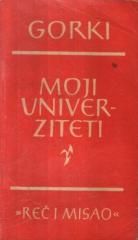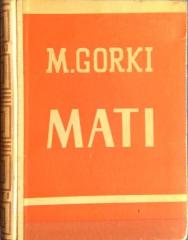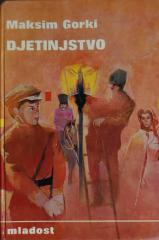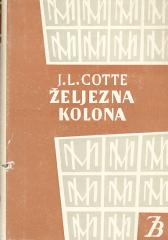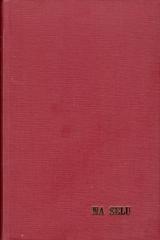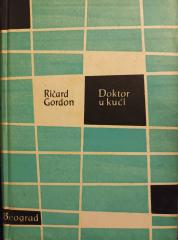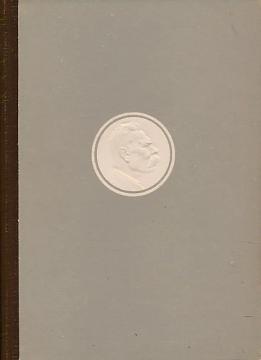
Djela #11: Gradić Okurov / Život Matveja Kožemjakina
The story "Gradić Okurov" is a short novel written by Gorki in 1909. The work depicts the life of the small provincial town of Okurova and its inhabitants, focusing on the monotony, stagnation and moral decadence of society.
The action takes place in Okurovo, a small town where social relations are frozen in time. The inhabitants are shown as uninterested in change, while the city symbolizes the grayness and drudgery of provincial life. The characters are morally indecisive, unable to rise above their own everyday life. Any possibility of change is met with resistance and apathy, which shows the social sluggishness of the Russian provinces. The central characters often face internal conflicts between their desires for a better life and the reality that holds them back. Gorki masterfully uses the small town as a microcosm to depict the problems of wider Russian society before the revolution.
Two copies are available
